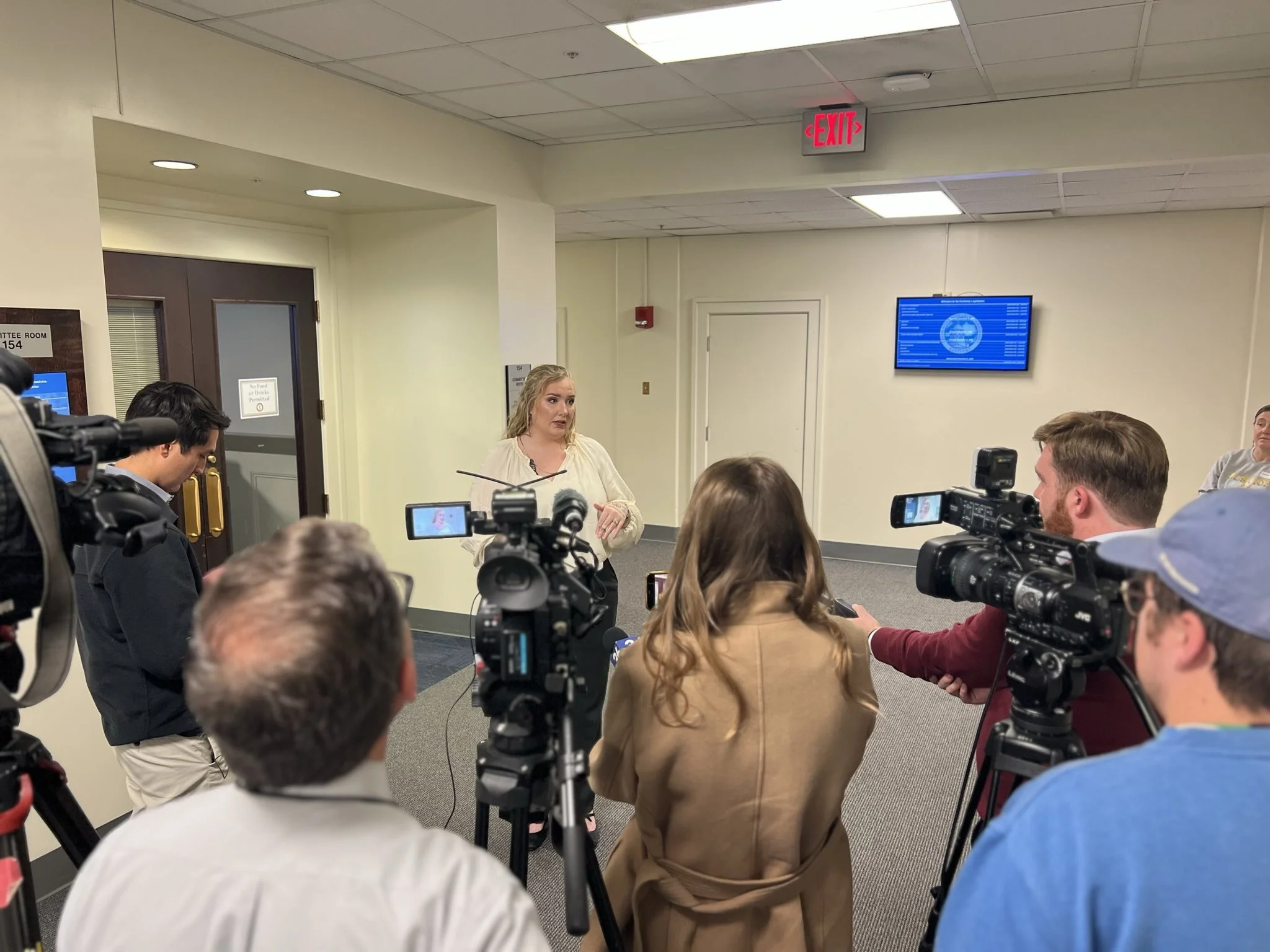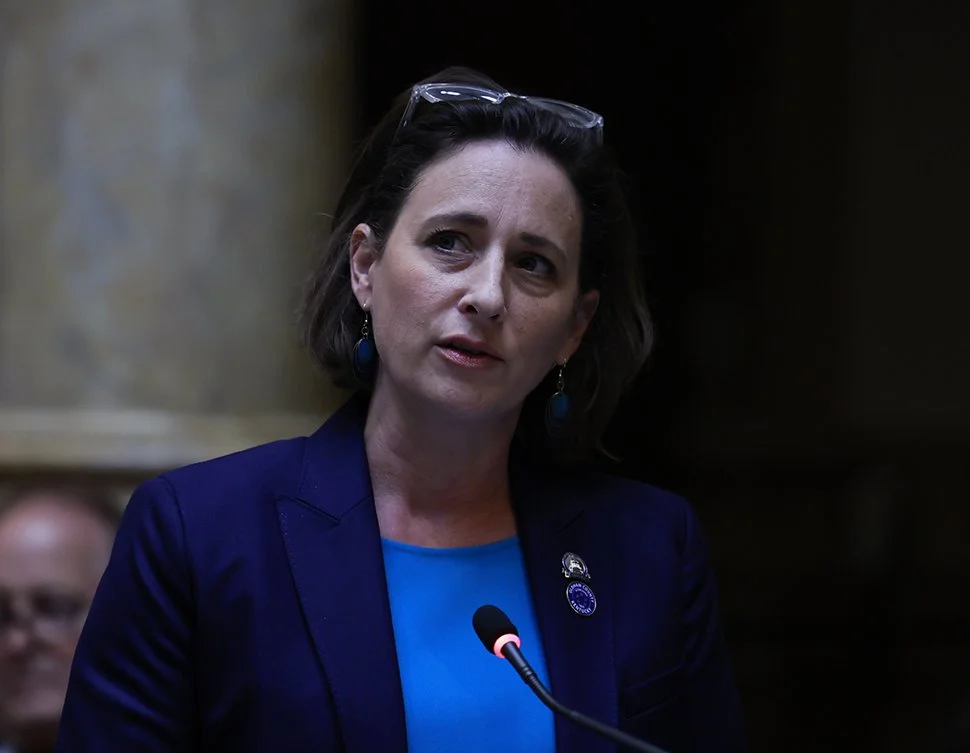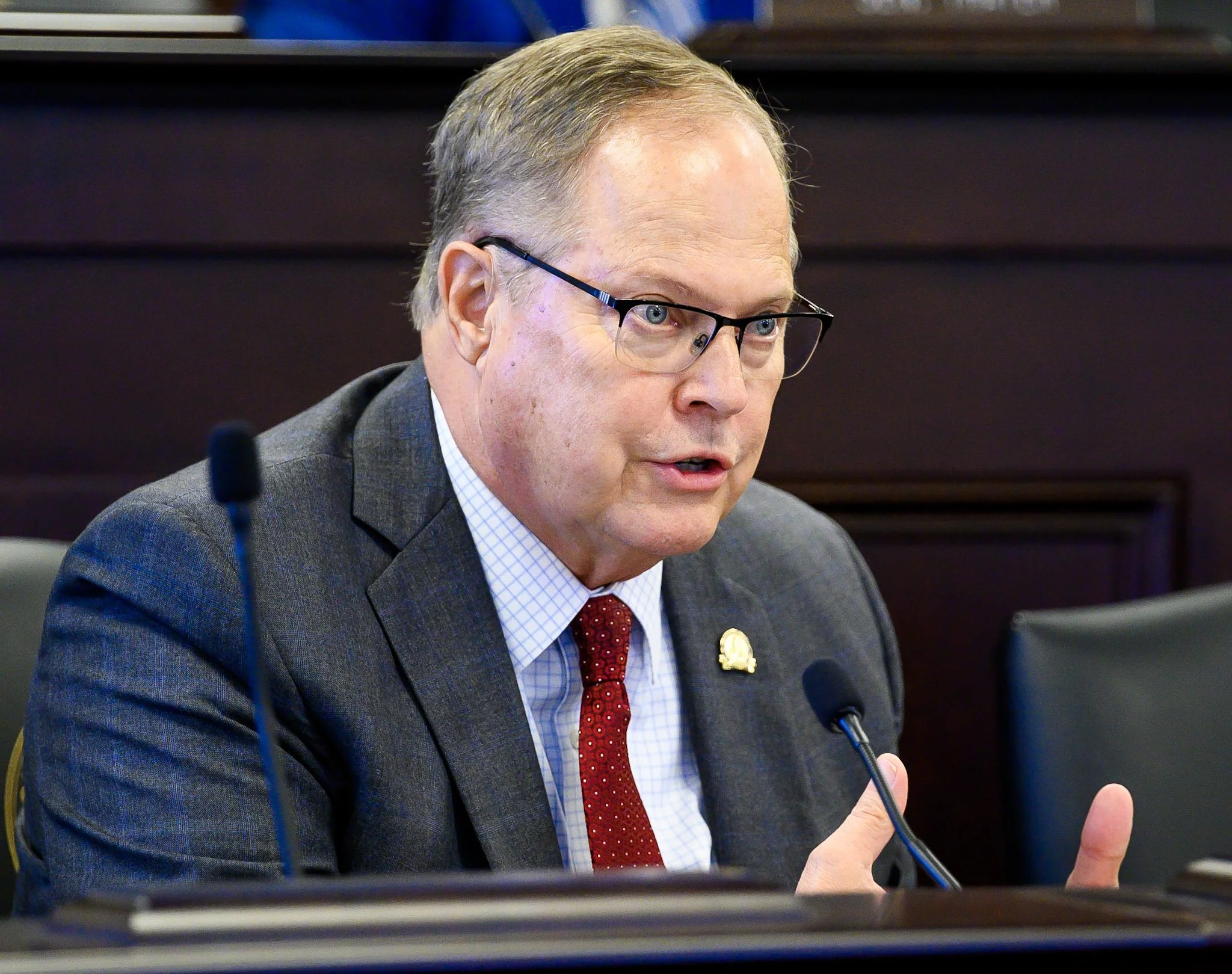SENATOR SHELLEY FUNKE FROMMEYER PARTICIPATES IN APPALACHIAN PROUD COMMISSIONERS’ SUMMIT
FRANKFORT, Ky. (Nov. 14, 2025)— Sen. Shelley Funke Frommeyer, R-Alexandria, joined Agriculture Commissioner Jonathan Shell and leaders from six Appalachian states today at the Appalachian Proud Commissioners’ Summit, a strategic gathering focused on scaling rural economic opportunity through agriculture.
Hosted at the Kentucky Exposition Center in Louisville, the summit brought together commissioners from Kentucky, West Virginia, Tennessee, Virginia, Ohio, and Georgia to sign a multi-state compact and commit to a shared vision of agricultural advancement rooted in Kentucky’s proven models.
“This summit highlights what can be accomplished when we empower farmers, embrace conservative economic strategies, and lead with local solutions,” said Frommeyer. “Kentucky is at the forefront of shaping a healthier, more prosperous future for Appalachian communities, and I’m proud to play a role in that.”
Summit highlights:
Compact signing: Agriculture commissioners signed a joint agreement to expand the Appalachia Proud brand, a sub-brand of Kentucky Proud, as a regional force for agricultural marketing and economic growth.
Multi-state MAHA strategy: Aligns with the Make America Healthy Again agenda, promoting responsible nutrition, food infrastructure, and small business development.
ARC ARISE grant: The coalition will pursue a $10 million Appalachian Regional Commission (ARC) ARISE grant to replicate Kentucky’s Buy Local and POP marketing programs across the region.
Public-private collaboration: The summit showcased partnerships between agriculture, the Small Business Administration, conservative policy organizations, and local innovators.
The event reinforced Kentucky’s leadership in rural economic policy while building regional momentum for scalable, farmer-first solutions. It concluded with the Farm City Luncheon, part of the North American Livestock Expo, where Kentucky’s agribusiness success stories were on full display.
About Appalachia Proud
Launched in 2014, Appalachia Proud is a special designation under the Kentucky Proud program that celebrates and supports agricultural producers in eastern Kentucky’s 54-county Appalachian region. Members use the exclusive Appalachia Proud logo to showcase the origin and quality of their products, building trust with consumers and pride within their communities.
This regional brand embodies the values of hard work, innovation, and rural resilience, positioning Kentucky’s Appalachian farmers at the heart of a growing movement for economic development, improved nutrition, and community-based solutions.
As Kentucky leads the charge in expanding this model across state lines, Appalachia Proud continues to demonstrate that the mountains aren’t just full of beauty—they’re full of potential.
Learn more at kyagr.com.
###
Sen. Shelley Funke Frommeyer, R-Alexandria, represents the 24th Senate District, including Bracken, Campbell, and Pendleton Counties and part of Kenton County. During the Interim, Frommeyer serves as co-chair of the Make America Health Again Kentucky Task Force. Frommeyer is the co-chair of the Capital Projects and Bond Oversight Committee and the Budget Review Subcommittee on Justice and Judiciary. She is a Senate member of the Interim Joint Committees on; Agriculture, Appropriations and Revenue; Economic Development and Workforce Investment; Families and Children; and Tourism, Small Business and Information Technology. Frommyer also serves on the Public Pension Oversight Board.
Visit https://legislature.ky.gov/Legislators Full Res Images/senate124.jpg for a high-resolution .jpeg of Funke Frommeyer.























